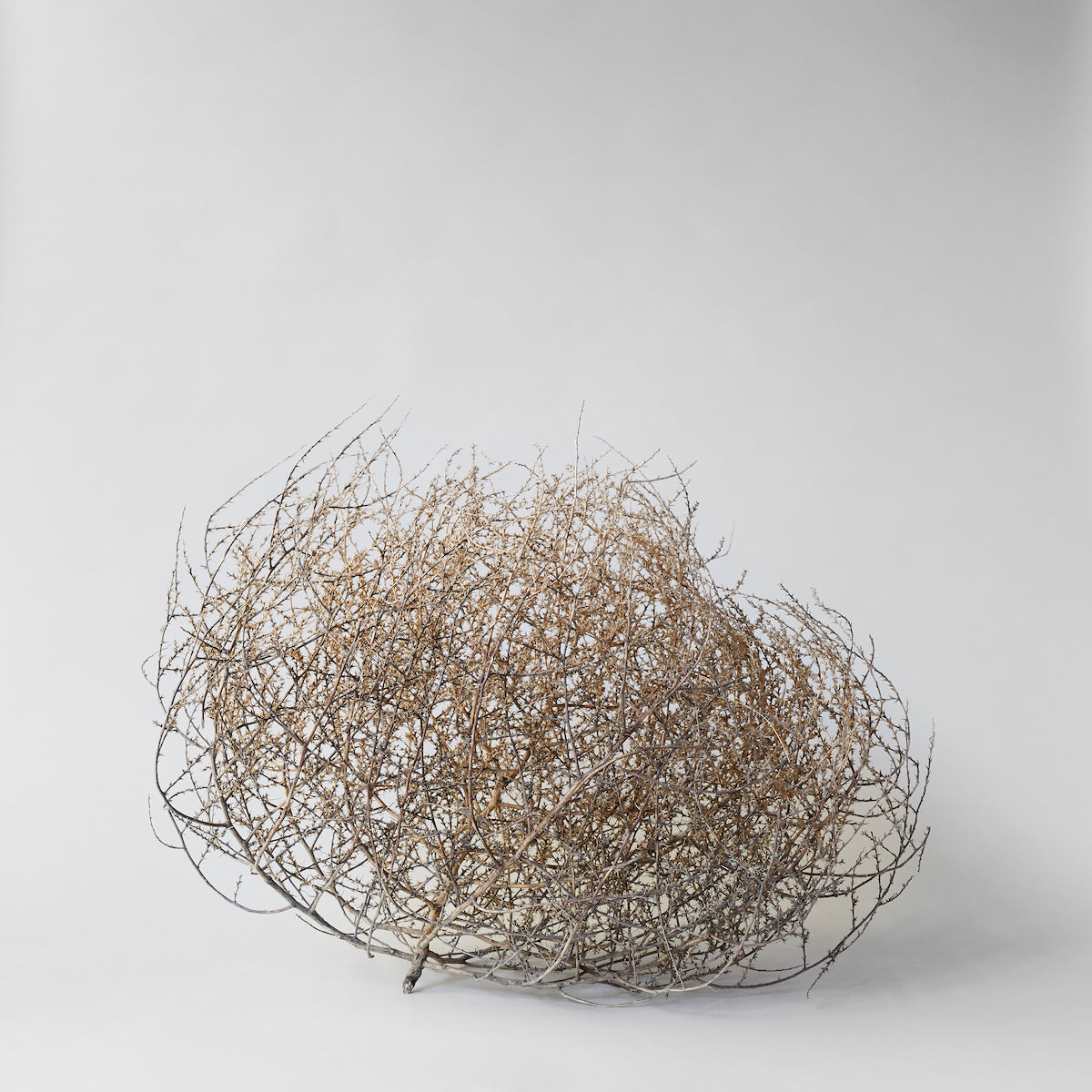FRESH FINDS + RESTOCKS
Discover new arrivals and returning favorites, from global artisans and makers right to your door.
-
Drachmann Table
Drachmann Table
- Regular price
- $1,549 - $3,299
- Regular price
-
- Sale price
- $1,549 - $3,299
-
Emil Lounge Chair Brass Long Wool
Emil Lounge Chair Brass Long Wool
- Regular price
- $4,748
- Regular price
-
- Sale price
- $4,748
2 Colours -
Ash Sheepskin Rocking Chair
Ash Sheepskin Rocking Chair
- Regular price
- $2,495
- Regular price
-
- Sale price
- $2,495
-
Gränsfors Bruk Large Splitting Axe with Collar Guard
Gränsfors Bruk Large Splitting Axe with Collar Guard
- Regular price
- $239
- Regular price
-
- Sale price
- $239
-
Gränsfors Bruk Outdoor Axe with Collar Guard
Gränsfors Bruk Outdoor Axe with Collar Guard
- Regular price
- $223
- Regular price
-
- Sale price
- $223
-
Gränsfors Bruk Small Forest Axe
Gränsfors Bruk Small Forest Axe
- Regular price
- $210
- Regular price
-
- Sale price
- $210
-
Gränsfors Bruk Splitting Maul with Collar Guard
Gränsfors Bruk Splitting Maul with Collar Guard
- Regular price
- $259
- Regular price
-
- Sale price
- $259
OUTDOOR LIVING
We're greenery fans, nature lovers, and designers who curate and create simple, beautiful goods for the nature-inspired home. And we source our products from a global community of artisans, designer-makers, and ethical suppliers who do good for the planet and humanity through what they make.
-
Olive Tree Kokedama
Olive Tree Kokedama
- Regular price
- $58 - $68
- Regular price
-
$58 - $78 - Sale price
- $58 - $68
-
Kalanchoe Flap Jack Kokedama
Kalanchoe Flap Jack Kokedama
- Regular price
- $78
- Regular price
-
- Sale price
- $78
-
Patagonia Stripe Pillow Cover, 25x25
Patagonia Stripe Pillow Cover, 25x25
- Regular price
- $158 - $178
- Regular price
-
- Sale price
- $158 - $178
-
Basic Planter, Grey Patina
Basic Planter, Grey Patina
- Regular price
- $24 - $54
- Regular price
-
- Sale price
- $24 - $54
-
Studio Planter, Greenwash
Studio Planter, Greenwash
- Regular price
- $24 - $54
- Regular price
-
- Sale price
- $24 - $54
-
Large Natural Jute Market Tote
Large Natural Jute Market Tote
- Regular price
- $95
- Regular price
-
- Sale price
- $95
-
Certified Wood Handcarved Kitchen Utensil Set
Certified Wood Handcarved Kitchen Utensil Set
- Regular price
- $134
- Regular price
-
- Sale price
- $134
-
Premium Kiln Dried Larch Wood One Hander Cutting Board Bundle
Premium Kiln Dried Larch Wood One Hander Cutting Board Bundle
- Regular price
- $400
- Regular price
-
- Sale price
- $400
-
Granadillo Wood Leaf Trays
Granadillo Wood Leaf Trays
- Regular price
- $99 - $189
- Regular price
-
- Sale price
- $99 - $189














































































































































































































































